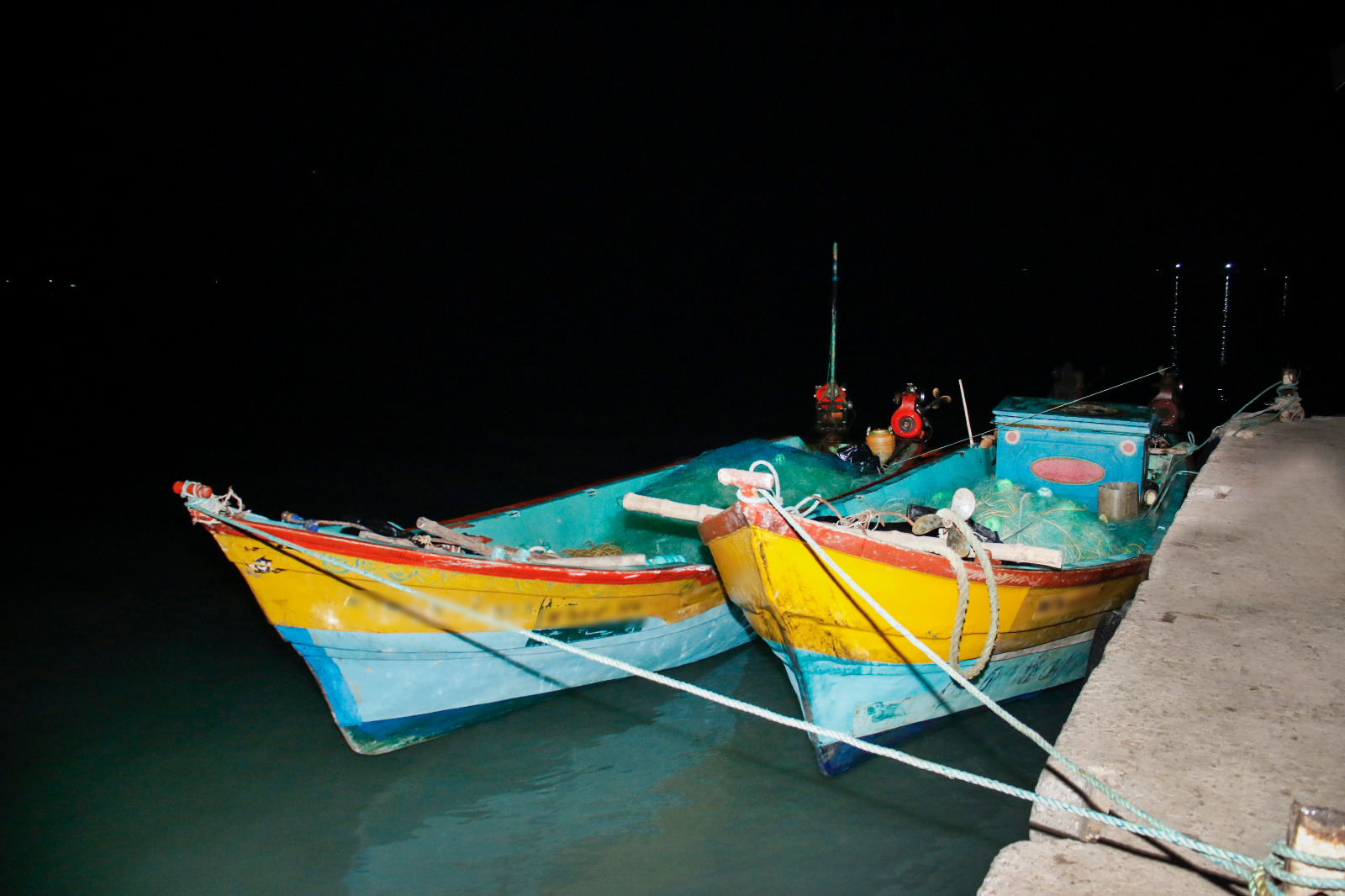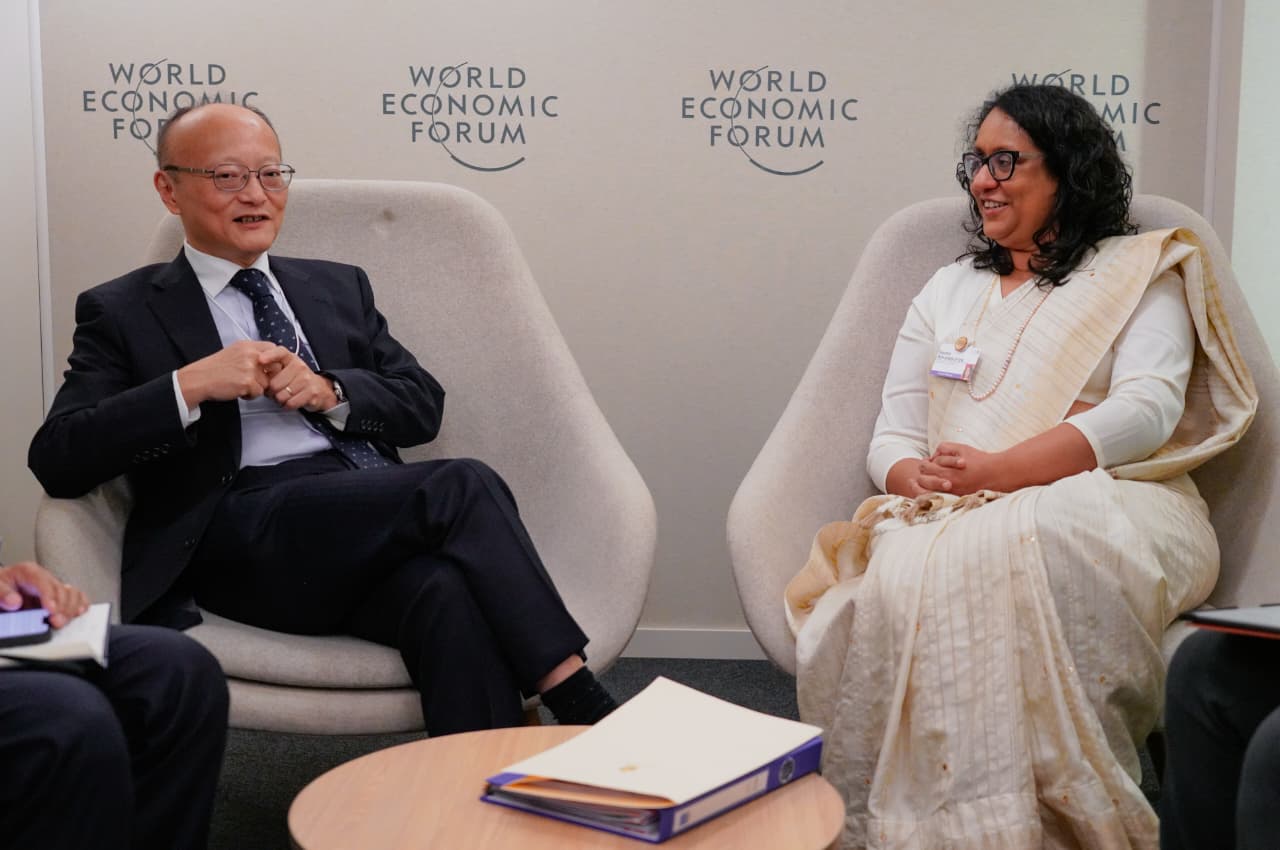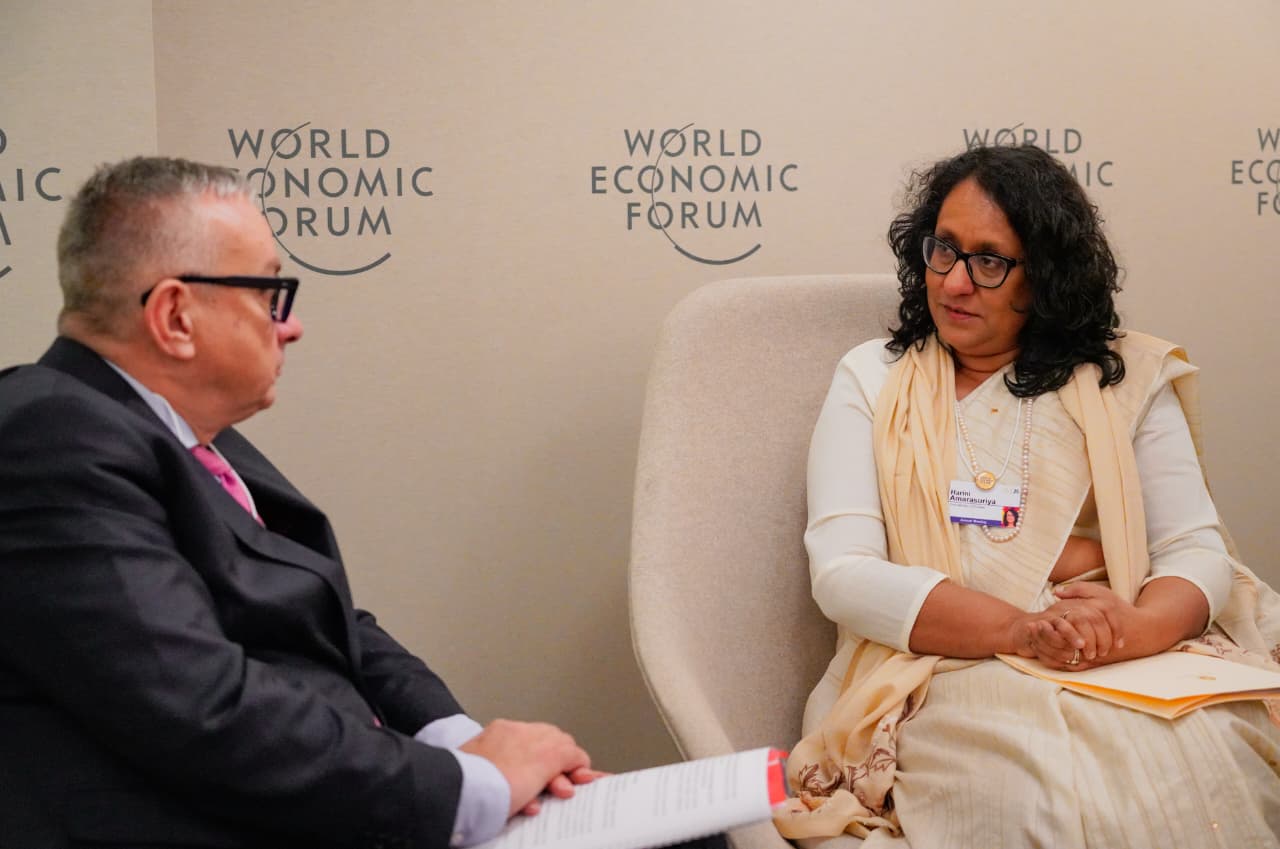News
Spike in feed prices push small and medium poultry farms to the brink of closure

by Suresh Perera
With import restrictions pushing up poultry feed prices to an all-time high, a grave shortage of chicken and eggs is anticipated in the short term as small and medium scale producers are finding it increasingly difficult to keep pace with soaring production costs, a senior industry official warned.
A 50% drop in production has been projected within a few months as moderate farms are now unable to sustain their businesses and will eventually close down, says Ajith Gunasekara, president of the All Island Poultry Association.
“The reverberations will be felt in December when the demand balloons during Christmas”, he predicted.
He said that Sri Lanka produces only half of the poultry industry’s demand for maize, the main ingedient of poultry feed.
With consignments from India and Ukraine no longer coming due to import restrictions, the disruption in supplies has seen a spike in prices for the local produce.
A kilogram of maize has climbed to anything between Rs. 90-95 in the marketplace due to the non-availability of imports at competitive pricing, he said. “This will sound the death knell to small-time poultry farms”.
In any poultry farm, feed absorbs 70% of the operational cost, Gunasekara stressed. “Apart from maize, producers also have to procure soya, corn and vitamins at substantial cost for the feed combination”.
The prevailing Covid-19 related travel restrictions have also aggravated the crisis the poultry industry is grappling with as the continued closure of wholesale distribution points have crippled supplies to the retail chain, he complained.
This means the retail trade has no access to the produce to supply traders and mobile vendors who have been declared essential services to service consumers, he said.
There are a multitude of ‘meat shops’ run by poultry producers island-wide, but they have no stocks as wholesalers, who collect chicken from farms, have not been authorized to operate during the travel restrictions, he protested.
Those in the chicken processing business are also facing immense hardships as they have not been permitted to operate, he explained. “Overall, the losses suffered by the industry will be enormous”.
Retailers cannot be expected to collect stocks from farms in the provinces even if they are able to make it as they don’t have either freezer trucks or necessary storage facilities, Gunasekara pointed out. “Moreover, visits to farms have been restricted due to Covid-19 preventive measures”.
“We have asked the government to intervene in the matter as the industry is in deep trouble with skyrocketing poultry feed prices pinning down producers on the one hand and accumulating stocks in storage facilities on the other”, he noted.
He said that traders have also been dealt a big financial blow with stocks of chicken in their deep freezers no longer fit for consumption.
The farm gate price is Rs. 430 per kilogram of chicken (whole bird), but despite a MRP (Maximum Retail Price) of Rs. 550 in terms of the price control mechanism, it is being sold for Rs. 700 per kilo these days due to procurement difficulties, he continued.
The reluctance of people to eat fish due to contamination fears following the X-Press Pearl disaster has also triggered a bigger demand for chicken. Unlike fish, cooked chicken can be refrigerated and eaten for about a week by an average family, Gunasekara elaborated.
He said the annual demand for chicken is between 15,000 to 18,000 metric tons. There’s an annual surge of up to 18,000MT during the April-December festive season.
The production of eggs ranges from 700,000 to 800,000 per day. Purchased at a farm gate price of Rs. 12-14 each, retailers at present sell each for Rs. 20.
“We were prepared for a two-week lockdown, but with the continued closure, the situation is getting more desperate by the day”, he said.
Latest News
Sri Lanka is an example of hope, recovery and resilience in a world of conflict – PM

Prime Minister Dr. Harini Amarasuriya participated in a high-level dialogue titled “Tourism as Soft Power and Diplomatic Capital” held at the Euronews Hub, Piz Buin Davos, on the sidelines of the World Economic Forum on January 20.
The session explored how tourism functions as a strategic instrument of diplomacy by strengthening international trust, cultural exchange, and regional cooperation through mobility and people-to-people engagement. The Prime Minister shared the panel with Mr. Kuban Omiraliyev, Secretary General of the Organization of Turkic States and Mr. Meshari Alnahar – CEO Aseer Investment Company, Saudi Arabia.
Addressing global trends, the Prime Minister emphasized that Sri Lanka is an example of hope, recovery and resilience in a world of conflict demonstrating how tourism can play a critical role in a changing global environment particularly amid climate shocks, geopolitical instability, and uneven economic recovery. She noted that tourism is not only an economic sector but also a vital diplomatic bridge that supports livelihoods, builds relationships and connects people.
Drawing on Sri Lanka’s recent experience, she highlighted the country’s strong tourism recovery despite multiple crises, including the impact of Cyclone Ditwah. Transparent crisis management and strategic engagement with international partners helped sustain visitor confidence, resulting in record tourist arrivals even in challenging circumstances.
The Prime Minister also underscored the importance of green and climate friendly tourism infrastructure and underlined that Sri Lanka welcomes long term investment in tourism. She pointed out that tourism supports millions of jobs worldwide and that inclusive policies are essential to ensure fair opportunities, particularly for women and vulnerable communities.
[Prime Minister’s Media Division]
Latest News
Navy seizes 02 Indian fishing boats poaching in northern waters

During an operation conducted in the dark hours of 20 Jan 26, the Sri Lanka Navy seized two (02) Indian fishing boats and apprehended seven (07) Indian fishermen while they were poaching in Sri Lankan waters, off Kovilan, Jaffna.
The seized boats and Indian fishermen was to be handed over to the Fisheries Inspector of Myliddy, Jaffna for onward legal proceedings.
Latest News
Prime Minister participates in high-level bilateral meetings at World Economic Forum

Prime Minister Dr. Harini Amarasuriya participated in a series of high-level bilateral meetings on January 20 on the sidelines of the 56th Annual Meeting of the World Economic Forum in Davos-Klosters, Switzerland.
The Prime Minister attended a productive bilateral meeting with Mr. Jozef Síkela, European Commissioner for International Partnerships. During the discussion, both sides focused on strengthening Sri Lanka–EU cooperation and advancing mutual interests.
Prime Minister Amarasuriya also met with Mr. Masato Kanda, President and Chairperson of the Board of Directors of the Asian Development Bank (ADB), at the WEF Congress Centre. The meeting provided an opportunity to discuss ongoing engagement and future collaboration between Sri Lanka and the ADB.
In addition, the Prime Minister held discussions with Mr. Hassan El Houry, Chairman of Menzies Aviation, where opportunities for collaboration in aviation services and connectivity were explored.
The Prime Minister also participated in a high-level dialogue at the Global Tourism Forum held at the Euronews Hub, Piz Buin, Davos, as part of the World Economic Forum engagements.
Dr. Anil Jayantha, Minister of Labour, and the Deputy Minister of Finance were also present at these meetings.

[Prime Minister’s Media Division]
-

 Editorial4 days ago
Editorial4 days agoIllusory rule of law
-

 News5 days ago
News5 days agoUNDP’s assessment confirms widespread economic fallout from Cyclone Ditwah
-

 Business7 days ago
Business7 days agoKoaloo.Fi and Stredge forge strategic partnership to offer businesses sustainable supply chain solutions
-

 Editorial5 days ago
Editorial5 days agoCrime and cops
-

 Features4 days ago
Features4 days agoDaydreams on a winter’s day
-

 Editorial6 days ago
Editorial6 days agoThe Chakka Clash
-

 Features4 days ago
Features4 days agoSurprise move of both the Minister and myself from Agriculture to Education
-

 Features3 days ago
Features3 days agoExtended mind thesis:A Buddhist perspective













